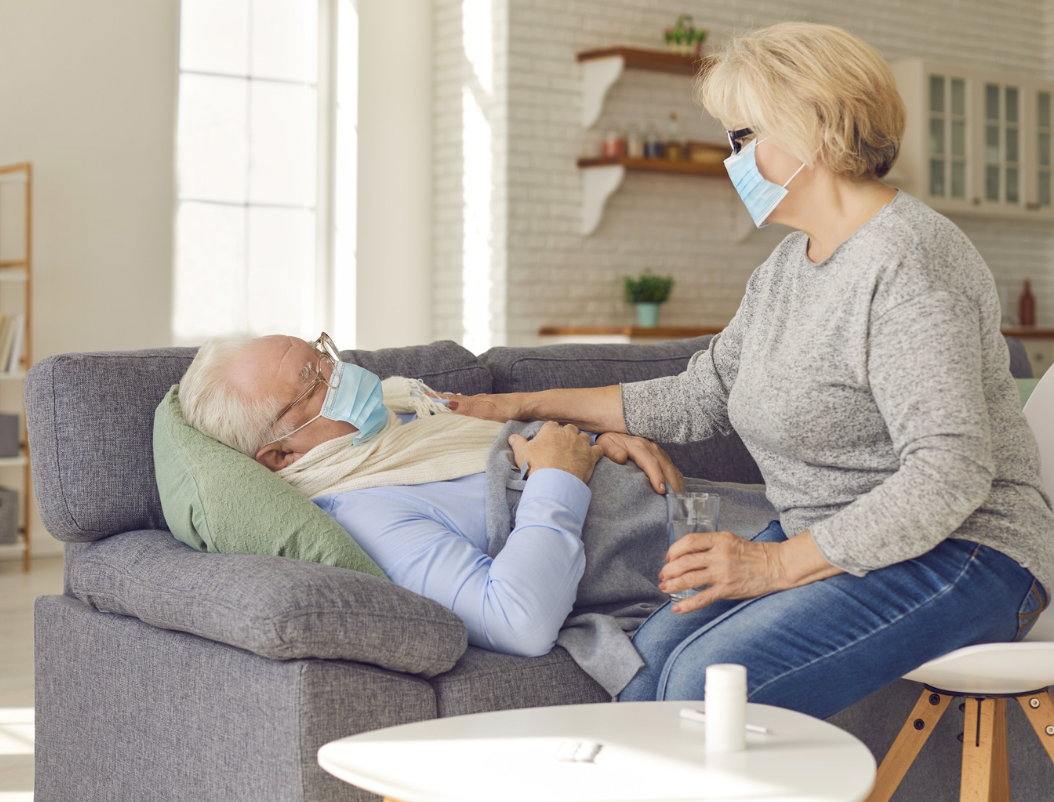With aging, one can experience changes in sleep patterns with other physiologic changes. Standard sleep changes include sleeping earlier, having disturbed sleep, waking up every time, and experiencing less deep sleep.
Sleep is essential for better functioning and health, as a night of sound and deep sleep improves concentration, memory function, and formation. It also gives time for your body to heal. In addition, it stimulates cell repair that is damaged during the day, hence boosting immunity and preventing diseases.
How much sleep do older adults need?
Sleep varies from person to person, but most healthy adults require seven to eight hours of sleep. Your morning after waking up, specify how many hours of sleep you must get. Feeling tired during the day significantly indicates not getting enough sleep.
Six tips for the elderly to get better sleep
Following are six tips to have a sound sleep for better health.
1. Understand sleep pattern
As you age, your body produces low growth hormone that changes your sleep pattern naturally, which can’t be avoided. Therefore, you can only keep checking your sleep patterns and setting your sleep schedule accordingly. In addition, you may adopt the following rules mentioned below.
* If you are likely to wake up early in the morning, try to sleep earlier in the evening.
* You can also take naps daily to compensate for your sleeping hours.
2. Identify underlying causes for insomnia
Your insomnia may have many underlying problems; if identified at the earliest, sleep problems can vanish. Check on the following points mentioned below.
* Analyze if you are under any stress
* Analyze if you are depressed
* See whether any past trauma is not haunting you
* See if you are taking any medications
* that can distort your sleep cycle
* Check for other health issues that may hinder sleep
3. Promote sleep-friendly environment
Exercise can significantly improve your sleep quality; after exercise, your body wants to rest and get good quality sleep, which is promoted by exercise and hormones released by exercise. A good diet promotes good sleep at night. Sleep friendly diet during the day will positively affect your sleep at night.
4. Opt healthy lifestyle
Avoiding sugars, caffeine, and high-fat foods before bedtime disturbs sleep patterns, so incorporating a healthy diet promotes better sleep.
Moreover, moderate cardio helps in the production of melatonin, which helps in better sleep.
5. Consult a therapist
If you are facing sleeplessness or disturbed sleep even after trying, you must talk to your therapist for better assistance and help. Nowadays, one can easily take therapy sessions due to the availability of online portals that offer online therapies in the comfort of your house; all you need is a gadget and an internet connection.
Take away home
Insomnia and sleep disturbances are natural in old age. However, incorporating a better lifestyle, a sleep-friendly environment, identifying underlying causes of insomnia, and consulting a therapist can help you overcome sleeplessness.

